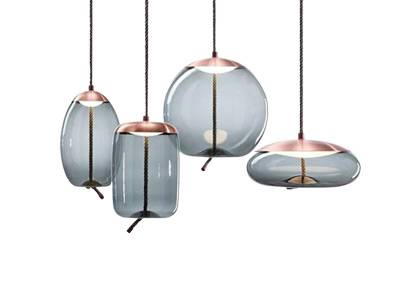Is a microfiber pillow beneficial or detrimental for your sleep quality and comfort?
The Pros and Cons of Microfiber Pillows Are They Good or Bad?
Microfiber pillows have gained popularity in recent years for their softness, affordability, and ease of maintenance. However, like any product, they come with their own set of advantages and disadvantages. In this article, we will explore whether microfiber pillows are indeed good or bad by examining their benefits and potential drawbacks.
What are Microfiber Pillows?
Microfiber is a synthetic material made from finely woven fibers, usually derived from polyester or nylon. Due to its ultra-fine nature, microfiber is known for its softness and ability to mimic the feel of natural fabrics such as down. Microfiber pillows generally come filled with polyester fiberfill, which provides a plush and comfortable surface to rest your head.
Pros of Microfiber Pillows
1. Affordability One of the most significant advantages of microfiber pillows is their affordability. Compared to natural materials like goose down or latex, microfiber pillows are significantly less expensive, making them accessible to a broader range of consumers.
2. Softness and Comfort Many users appreciate the soft and plush feeling of microfiber pillows. The material is designed to be gentle against the skin, which can enhance the overall sleeping experience. For individuals who prefer a pillow with a cuddly texture, microfiber fills can be very appealing.
3. Easy Maintenance Microfiber pillows are often machine washable and quick to dry. This ease of maintenance can be especially beneficial for those with allergies or respiratory issues since regular washing can help eliminate dust mites and other allergens.
4. Allergen-Friendly Unlike natural materials, microfiber is less likely to harbor dust mites, mold, and mildew, making it a suitable option for allergy sufferers. The synthetic fibers do not provide a hospitable environment for these common allergens.
microfiber pillow is good or bad

5. Lightweight Microfiber pillows are generally lightweight, making them easy to transport and adjust. This weight also contributes to their comfort, as they can be easily shaped to conform to various sleeping positions.
Cons of Microfiber Pillows
1. Heat Retention One of the notable drawbacks of microfiber pillows is their tendency to retain heat. This can lead to discomfort for those who sleep hot, as the materials do not have the same breathability as natural fibers. Users may find themselves waking up feeling warm and sweaty.
2. Durability Issues While microfiber pillows offer a good initial comfort level, they may not have the same longevity as natural fiber pillows. Over time, the synthetic filling can flatten and lose its supportive qualities, requiring more frequent replacements.
3. Chemical Concerns Some individuals are concerned about the chemicals used in the manufacturing process of synthetic materials. Although many brands are moving towards more environmentally friendly practices, not all microfiber pillows are created equal. It is essential to research and select pillows that use safe, non-toxic materials.
4. Less Firm Support For those who require more neck and head support while sleeping, microfiber pillows may not provide adequate firmness. Users who prefer a firmer pillow may find themselves waking up with neck pain or discomfort.
5. Environmental Impact The production of synthetic materials often involves a significant environmental footprint, including petroleum use and non-biodegradable waste. For environmentally-conscious consumers, this might be a considerable downside.
Conclusion
In conclusion, microfiber pillows offer a range of benefits, including affordability, comfort, and ease of maintenance, making them an appealing option for many sleepers. However, they also have notable drawbacks, such as heat retention, durability issues, and potential environmental concerns. Ultimately, whether a microfiber pillow is good or bad depends on individual preferences and needs. It is advisable to consider your sleeping habits, material sensitivities, and budget before making a decision. By weighing the pros and cons, you can choose the right pillow that contributes to a restful night’s sleep.
-
Elevating Comfort and Quality with the Right Bed LinenNewsJul.07, 2025
-
Bedding Essentials: From Percale Sheets to White Quilts, Finding Your Perfect Sleep HavenNewsJul.07, 2025
-
Choosing the Right Bedding for a Comfortable and Stylish BedroomNewsJul.07, 2025
-
Understanding the Diverse World of Towel TypesNewsMay.29, 2025
-
The Ultimate Comfort: Discover the Benefits of Polycotton SheetsNewsMay.29, 2025
-
Experience Luxury with 1800 Brushed Microfiber SheetsNewsMay.29, 2025
-
Elevate Your Sleep with Luxurious Hotel Sheets for SaleNewsMay.29, 2025






